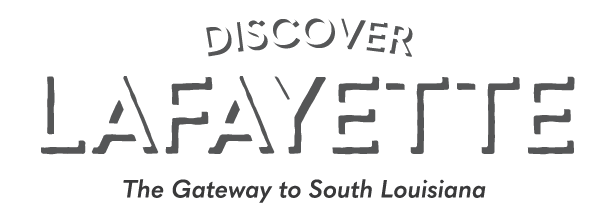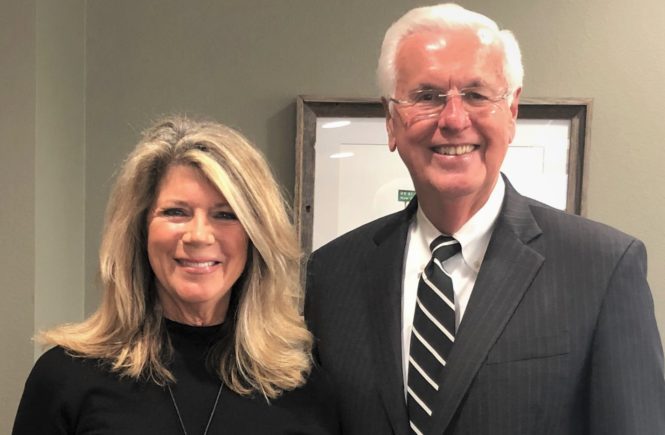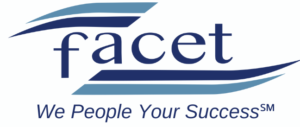Podcast: Play in new window | Download (Duration: 56:06 — 77.0MB)
Louisiana Insurance Commissioner Jim Donelon has served in this office for more than 15 years. First elected to public office in 1975 as Chair of the Jefferson Parish Council, he then served in the Louisiana House of Representatives from 1981-2001. His public service career also includes 33 years in the Louisiana Army National Guard where he retired with the rank of Colonel and received the prestigious Legion of Merit medal.
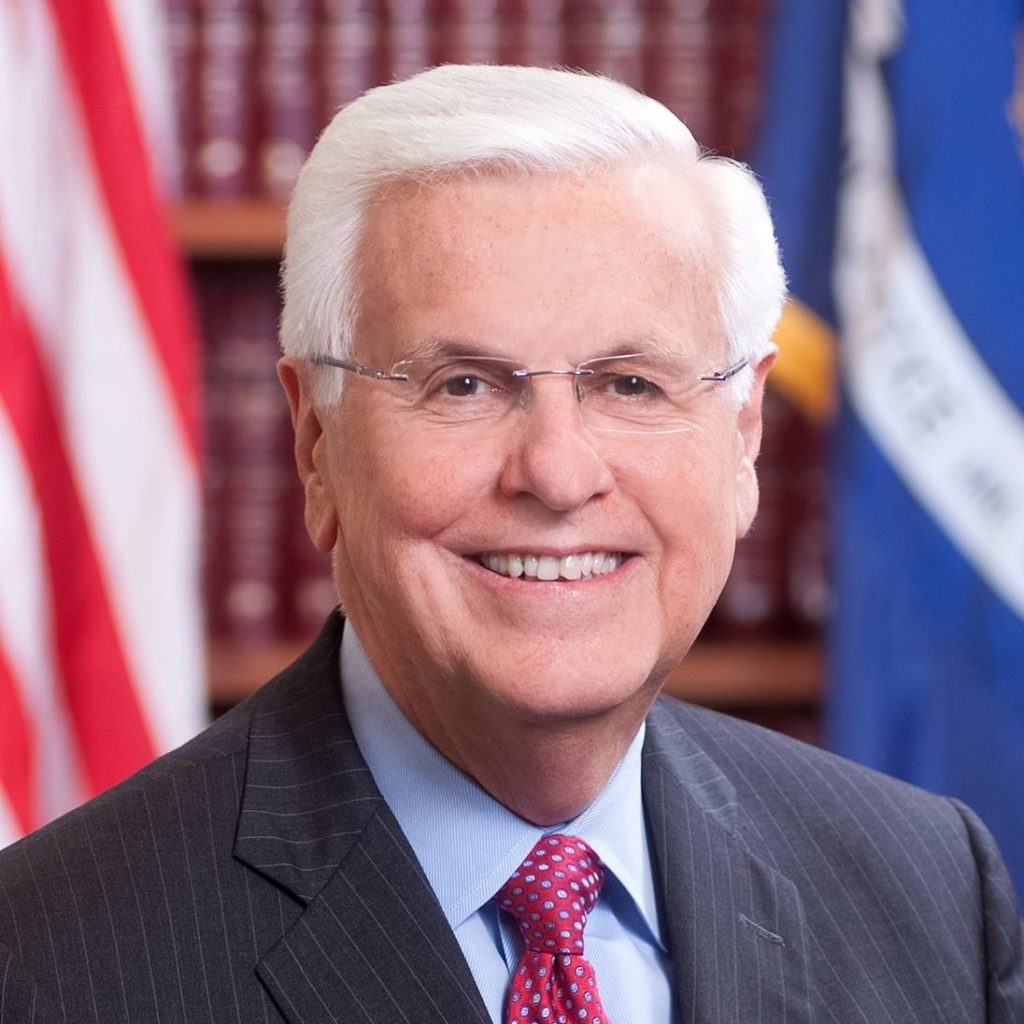
“Everything depends on insurance. Our homes, life, protection of our family, our businesses, and our economy, all depend on insurance. Insurance commissioners across the country are tasked with keeping insurance affordable and available. That requires a balance between protecting consumers and making insurance available at a reasonable price for consumers.”
The past two hurricane seasons have been the worse since Katrina and Rita. Louisiana had fifteen years of relatively quiet hurricanes seasons. But given the location of our state, Louisiana is in the center of the Gulf and we get hit more on a per capita basis than any other state by far. “Hurricane Ida’s core of probability for landfall stretched from the Sabine River on our western border to the Pearl River on the eastern border. It never left. It was always headed to Louisiana.”
Hurricanes Laura and Ida were the second most powerful hurricanes in history with 150 miles per hour winds, only surpassed by the 1856 “Last Island Hurricane” which brought devastation to Southern Louisiana with 156 miles per hour winds. Laura resulted in $9.6 Billion dollars in insurance losses; Ida has resulted so far in $10.6 Billion in losses.
As a result of the staggering claims, some Louisiana insurers have gone bust. Fortunately, the Louisiana Insurance Guaranty Association (“LIGA”) is in place to protect property and casualty policyholders Recovery from LIGA is capped at $500,000 per person and $500,000 per occurrence, a benefit that only eight other states, besides Louisiana, in the U. S. provide.
Donelon looked back to the days of Governor Kathleen Blanco as an example of how the state worked to keep private insurers afloat in the aftermath of massive claims following Katrina and Rita. Without these private insurers, the State of Louisiana would have to become the insurer for all levels of risk, not just those that are currently covered by the Louisiana Citizens Property Insurance Company (which covers those unable to get private insurance due to special circumstances). Working to create incentives to attract companies to our market after many carriers left the state due to the high risk of doing business post-Katrina, Blanco also worked to have our first statewide building code enacted to ensure that structures were built more able to “weather the storms.”
It’s always best to prepare yourself for the damage that may be caused by a hurricane. For the department’s tips on hurricane preparedness, visit https://www.ldi.la.gov/consumers/insurance-type/homeowners/hurricane-resource-center.
A package of bills are currently working their way through the Louisiana Legislature as a means to protect consumers of insurance products. Deemed “The Catastrophe Reform Package,” they include the following:
- Create the “Louisiana Fortify Homes Program,” patterned after a similar program in Alabama, to provide grants for homeowners to retrofit their roofs and homes to a higher standard better able to withstand hurricane winds.
- The “Three Adjuster Rule” which would kick in after a policyholder is assigned a third adjuster. At that point, a new primary contact must be assigned who will remain on the case until the claim is closed and the company must also provide two methods of contacting the permanent adjuster.
- “Additional Living Expense” would clarify that coverage for living expenses for up to 14 days incurred after an evacuation, whether mandated or voluntary, would be provided to policyholders.
- Minimum Capital and Surplus Requirements would be raised from $3 million to $10 million for current insurance companies by 2031; for new insurers applying to do business after September 1, 2022, a minimum $10 million threshold must be met.
- Policyholder Non-Renewal Protections – when a state of emergency is declared by the governor, insurers would not be allowed to cancel or non-renew policies, and if the property was damaged as a result of a named storm, they may not cancel or non-renew a policy until 90 days after the property has been repaired.
The Department of Insurance’s Office of Consumer Services is there to help consumers with complaints about how their claims are being handled and help them understand their rights. As a special service after the wreckage caused by Hurricane Ida, the department has contracted with two mediation firms to serve as mediators between insurance companies and policyholders for disputed claims up to $50,000 (even if a part of the claim has already been settled). For a cost of $600 and until June 30, 2022, the mediators will provide a ninety-minute session with the goal of resolving the claim; either party may request this voluntary mediation. Other outreach services include the department’s Consumer Advocacy office holding public hall informational meetings around the state when requested by locals. You can also call in and receive assistance in reading and understanding your policy and what questions to ask agents and adjusters.
The cost of auto insurance in Louisiana is the highest in the nation. While our uninsured rate is comparable to other states at 12 to 14% of our drivers, it is the claims to litigation ratio that drives our rates off the chart.

“Our auto insurance rate is the highest in the nation. Our claims to litigation ratio are off the charts. We are far and away the most litigious state of the 50 states in the number of claims that end up in litigation. That litigation cost is the outlier of our system versus the other 49 states.”
Given the complexities of signing up for Medicare coverage, the federal government assists in the cost of advising seniors on the best option for their situation. The Senior Health Insurance Information Program (SHIIP) in the Louisiana Department of Insurance helps Medicare beneficiaries better understand their Medicare coverage options and benefits. Counselors help seniors make informed decisions by providing free and unbiased guidance via telephone or face-to-face interactive sessions.
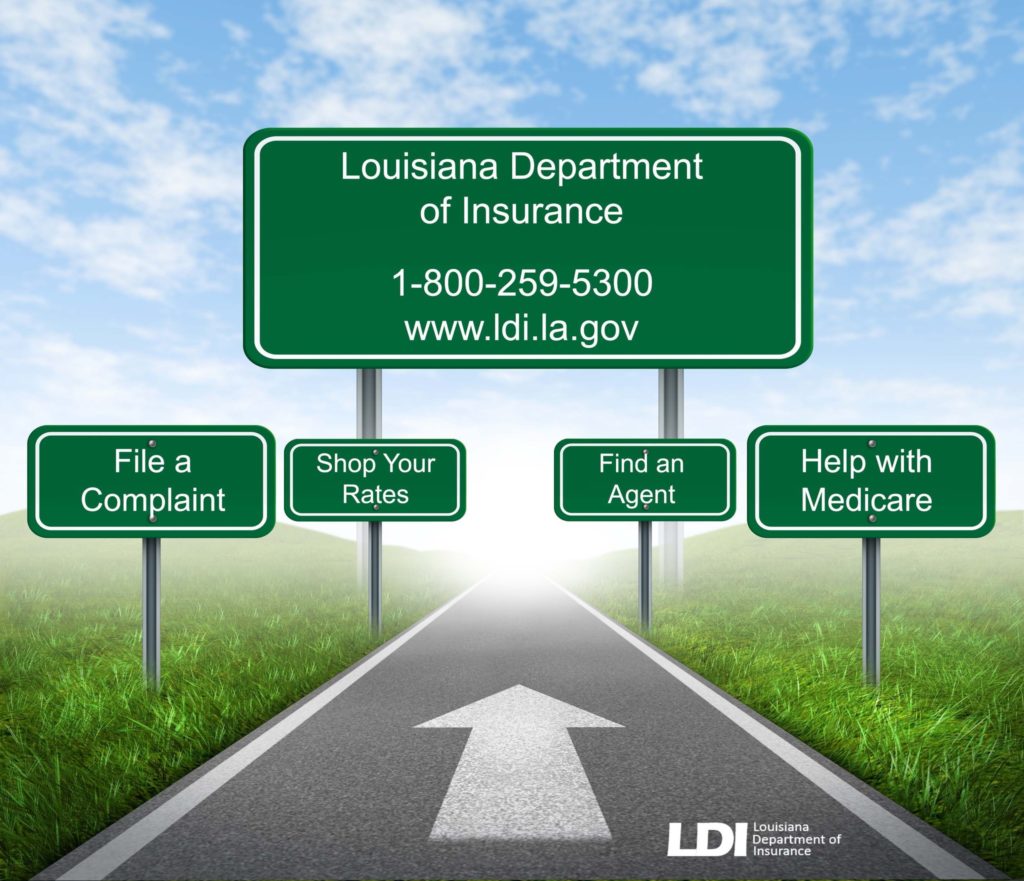
We thank Jim Donelon for his years of service. Please visit the Department of Insurance website at https://www.ldi.la.gov/home for more information.
